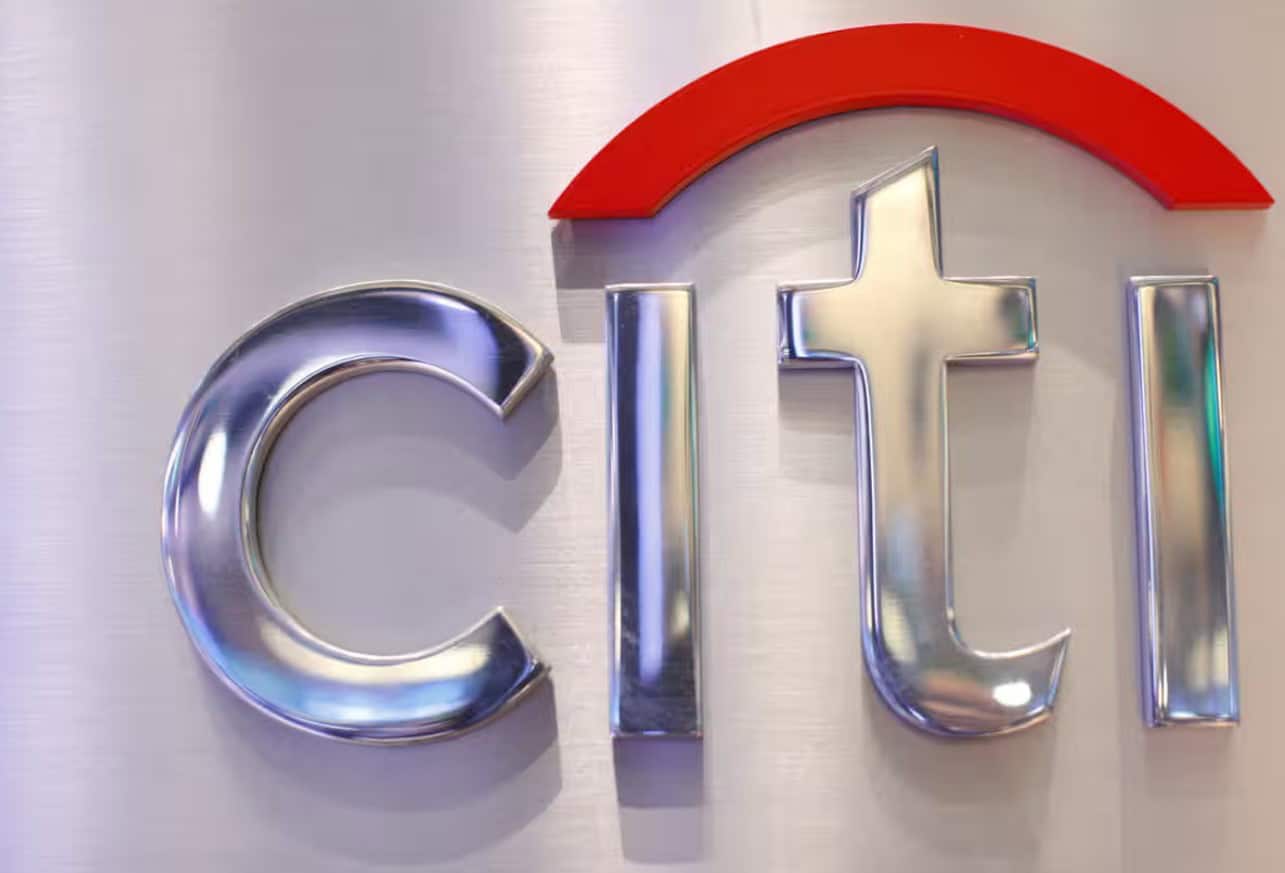Citigroup will cut 20,000 jobs by the end of 2026 after enduring a steep loss in the last quarter as it presses ahead with a sweeping restructuring.
While chief executive, Jane Fraser, hailed 2024 as a “turning point” for the American banking group, Mark Mason, its chief financial officer, acknowledged that job cuts were “tough on morale” as he outlined the planned reductions.
Citi currently has 239,000 staff across the world. The lender plans to reduce this by 20,000 as part of a reorganisation, Mason said.
Executives ultimately expect the workforce to shrink to about 180,000 employees, as the upcoming listing of Banamex, Citi’s Mexican consumer division, is also set to reduce staffing levels by about 40,000.
As the latest quarterly earnings season got under way on Wall Street on Friday, Citi posted a $1.8bn loss for the fourth quarter, after recording a string of one-off charges and expenses – $3.8bn in total – tied to its restructuring, retreat from Russia and exposure to Argentina.
“While the fourth quarter was very disappointing due to the impact of notable items, we made substantial progress simplifying Citi and executing our strategy in 2023,” said Fraser.
Shares in Citi, the third largest bank in the US, were 0.4% higher during early trading in New York. The lender, which has a market valuation of $100bn, is in the midst of a drive to boost profits, reduce bureaucracy and increase its stock price.
It came as JPMorgan Chase, America’s third biggest bank, reported its best-ever annual profit despite a charge in the last quarter to top up a US government deposit insurance fund in the wake of the failure of several regional lenders, including Silicon Valley Bank, last year.
Profits at JPMorgan dropped 15% in the fourth quarter to $9.31bn. Its earnings surged 32% over the year, however, to $49.6bn. The lender has benefited from higher interest rates, and its acquisition of First Republic, one of the regional banks that failed last year.
JPMorgan boosted analysts’ expectations for net interest income – the gap between what it makes on loans and pays out on deposits – projecting the measure to hit $90bn this year.
“The US economy continues to be resilient, with consumers still spending, and markets currently expect a soft landing” as inflation moderates, Jamie Dimon, chairman and chief executive of JPMorgan, said.
But there remained “a number of downside risks,” cautioned Dimon. “While we hope for the best, the past year demonstrated why we must be prepared for any environment.”
Shares in JPMorgan rose 0.6% on Friday.

